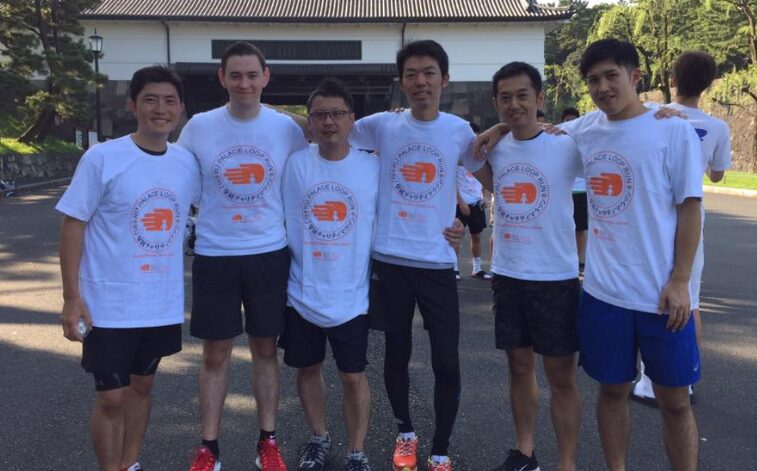Humanitarian Ethics and REI

May 5, 2025
In a blog about the 1951 Refugee Convention my colleague, Alec, discusses the international refugee legal framework. On the same topic, but from a different perspective, I would like to explore the ethics of humanitarianism in the context of REI’s work.
The current refugee legal framework focuses on eligibility for asylum, requiring refugees to prove their victimhood to authorities at borders and within receiving societies. Protection is only granted when victimhood is officially recognized—more specifically, when asylum seekers convince judges that they cannot return to their home countries due to fear. As a result, many are reduced to mere tragic stories. Images and narratives of destruction and desperation circulate widely online, often accompanied by the face or voice of a beloved celebrity. While such campaigns are driven by humanitarian motives, they risk reinforcing an unnatural and unhealthy power dynamic: we, the intended viewers, become the powerful benevolent saviors, while refugees are cast as passive victims, waiting to be rescued.
However, my time at REI has revealed a different reality. Refugees are not defined by their trauma. They are energetic, ambitious, resourceful, and compassionate individuals who, like anyone else, deserve the opportunity to shape their own lives. What holds many back is not a lack of capability, but a lack of access—access to education, opportunity, safety, and stability. It is both unfair and unjust to confine refugees to a fixed, one-dimensional role in the media, in society, and in people’s minds.
At REI, our work challenges the popular portrayal of refugees as passive and desperate, along with the broader humanitarian systems based on eligibility and deservingness. We adopt a “hands-up” rather than a “handout” approach, focusing on empowering refugees through training and education. This paradigm shift places refugee voices at the center of our work. At REI, refugees are recognized as human beings with dreams and a claim to dignity—just like everyone else—rather than as an arbitrary label: “refugee.”
Through programs such as the Refugee Engagement and Empowerment Project in Nairobi, Kenya, the Karenni Social Development Centre (KSDC) on the Thai-Myanmar border, and educational programs for Syrian children in Lebanon, we recognize that refugees are not passive recipients of aid; they are partners, leaders, and changemakers. Refugees are made, not born—and we are committed to supporting their empowerment in pursuit of their dreams, on their terms.
Ethan Zhangcheng, intern 2025